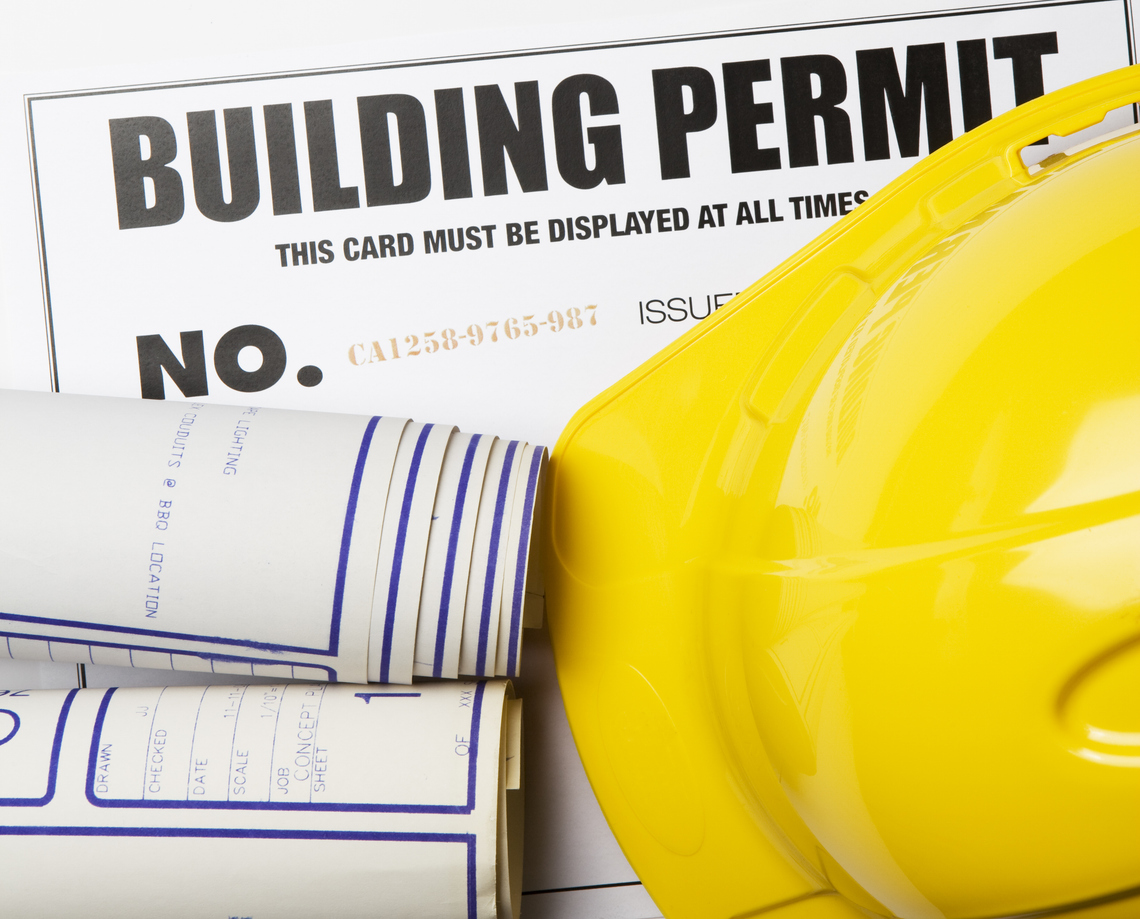Every so often a public insurance adjuster will ask if their standard contract complies with the law. In an effort to make sure everyone is operating from the same playbook, I figured I would write this post to let everyone know what the current state of the law is in New Jersey regarding requirements of public insurance adjuster contracts.
Readers of our blog may recall I wrote about an issue that had arisen last April when a petition for rulemaking was filed by an individual seeking to change the rules for public adjusters. While issues concerning what public adjusters must have in their contracts is likely to change in the future, NJAC 11:1-37.13 currently provides that the contract:
1. Shall be executed in duplicate and a fully executed copy shall be provided to the insured upon execution;
2. Shall be kept on file by the public adjuster, available at all times for inspection without notice by the Commissioner; and
3. Shall contain the following:
i. The signatures of the insured and the public adjuster;
ii. A list of services to be rendered and the maximum fees to be charged, which fees shall be reasonably related to services rendered; and
iii. The time and date of execution of the contract (day, month, year) by each party;
4. Shall conform to the requirements of the Consumer Contracts Act at N.J.S.A. 56:12-1 et seq. and, as applicable, the Federal Trade Commission Act as set forth at 15 U.S.C. 41, and 16 C.F.R. subsection 429.1 (1993).
5. Shall prominently include a section which specifies:
i. The procedures to be followed by the insured if he or she seeks to cancel the contract, including any requirement for a written notice;
ii. The rights and obligations of the parties if the contract is cancelled at any time; and
iii. The costs to the insured or the formula for the calculation of costs to the insured for services rendered in whole or in part.
While most public adjuster contracts I have seen comply with the above, I would say that the most overlooked portion is the requirement that the contract include the date and time it was signed. Most contracts include the date, many, however, do not include the time. Including the time is important, as NJAC 11:1-37.13 also limits the times when public adjusters may solicit business:
(c) No public adjuster shall solicit the adjustment of a loss or damage occurring in this State from an insured, whether by personal interview, by telephone, or by any other method, between the hours of 6:00 P.M. and 8:00 A.M. during the 24 hours after the loss has occurred.
(d) No public adjuster shall enter into any contract or agreement, oral or written, with an insured, to negotiate or settle claims for loss or damage occurring in this State between the hours of 6:00 P.M. and 8:00 A.M. during the 24 hours after the loss has occurred.
Having the time when the contract was signed will make certain that the loss was solicited properly.
Reviewing and incorporating the above will make sure that your agreement is in line with the law in New Jersey. When and if the rules change, we will update our blog with the latest information.
As a father of a Thomas the Tank Engine obsessed three year old, I couldn’t help but share this:



